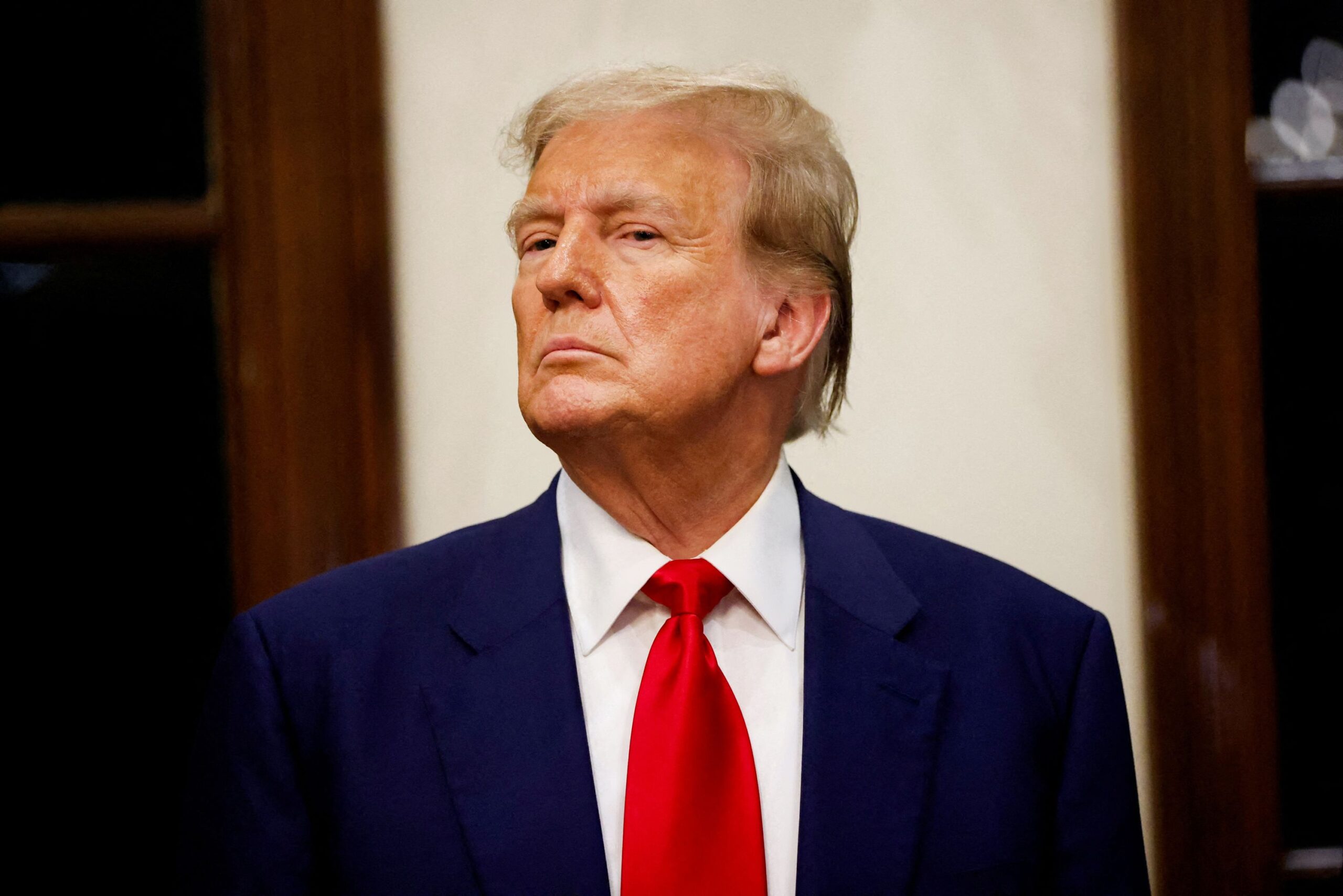In a significant development, the Georgia 2020 election interference case against former President Donald Trump resumes, following a period of uncertainty over Fulton County District Attorney Fani Willis’ role in the case. This marks the first time the case has moved forward since a judge ruled Willis could continue her oversight.
At a hearing scheduled for Thursday, Trump’s lead attorney in Georgia, Steve Sadow, is expected to argue for the dismissal of the indictment. Sadow contends that Trump’s political speech, including claims of widespread voter fraud in the 2020 presidential election, is protected by the First Amendment.
In a motion filed in late 2023, Sadow argued that Trump’s speech and advocacy disputing the election outcome should not be criminalized, while speech endorsing the election’s outcome is viewed as unimpeachable. He termed this as “blatant viewpoint discrimination”.
Willis, after more than two months of disqualification hearings over her romantic relationship with lead prosecutor Nathan Wade, expressed readiness to get the case back on track. Judge Scott McAfee ruled that Willis could continue leading the case if Wade stepped aside, which he has done.
While a trial date is yet to be set, Willis is hopeful of going to trial before the November election. She had previously requested for the trial to start in August and may reiterate that request.
Trump is not expected to attend the hearing. Previous First Amendment challenges by former Trump co-defendants Kenneth Chesebro and Sidney Powell were unsuccessful. They had attempted to have the indictment dismissed under the US Constitution’s supremacy clause but failed.
Additionally, McAfee will hear arguments from one of Trump’s co-defendants in the case, David Shafer, the former chairman of the Georgia Republican Party. Prosecutors allege Shafer acted as the point man for the fake electors scheme, coordinating with co-conspirators and reserving the room to illegitimately certify Trump as Georgia’s 2020 election winner. Shafer’s attorneys argue that he was merely “attempting to comply with the advice of legal counsel,” and was not part of a broader conspiracy.

